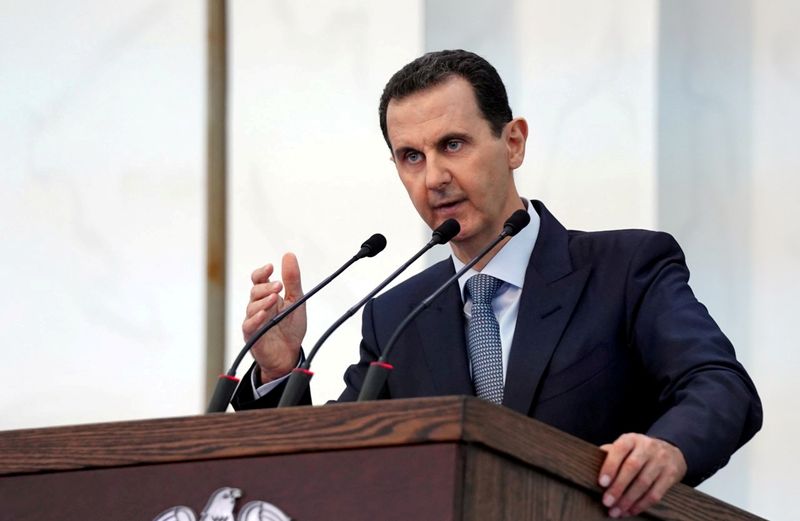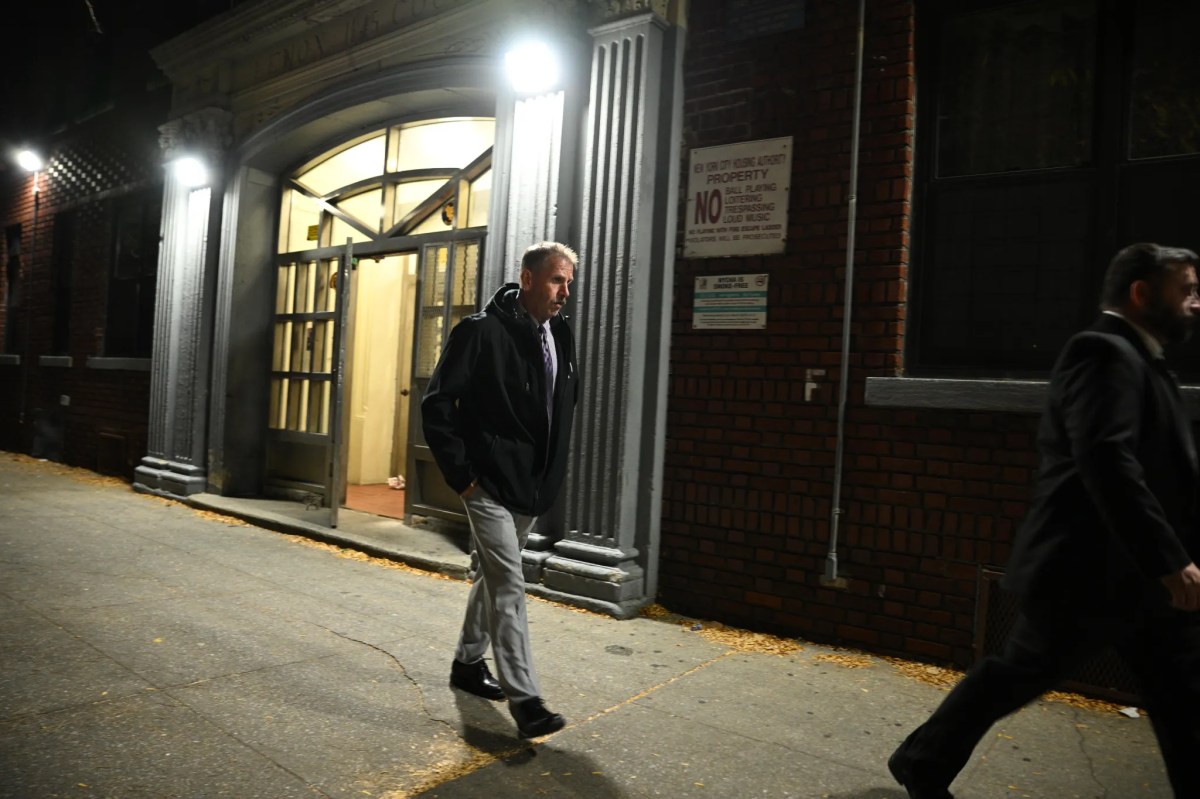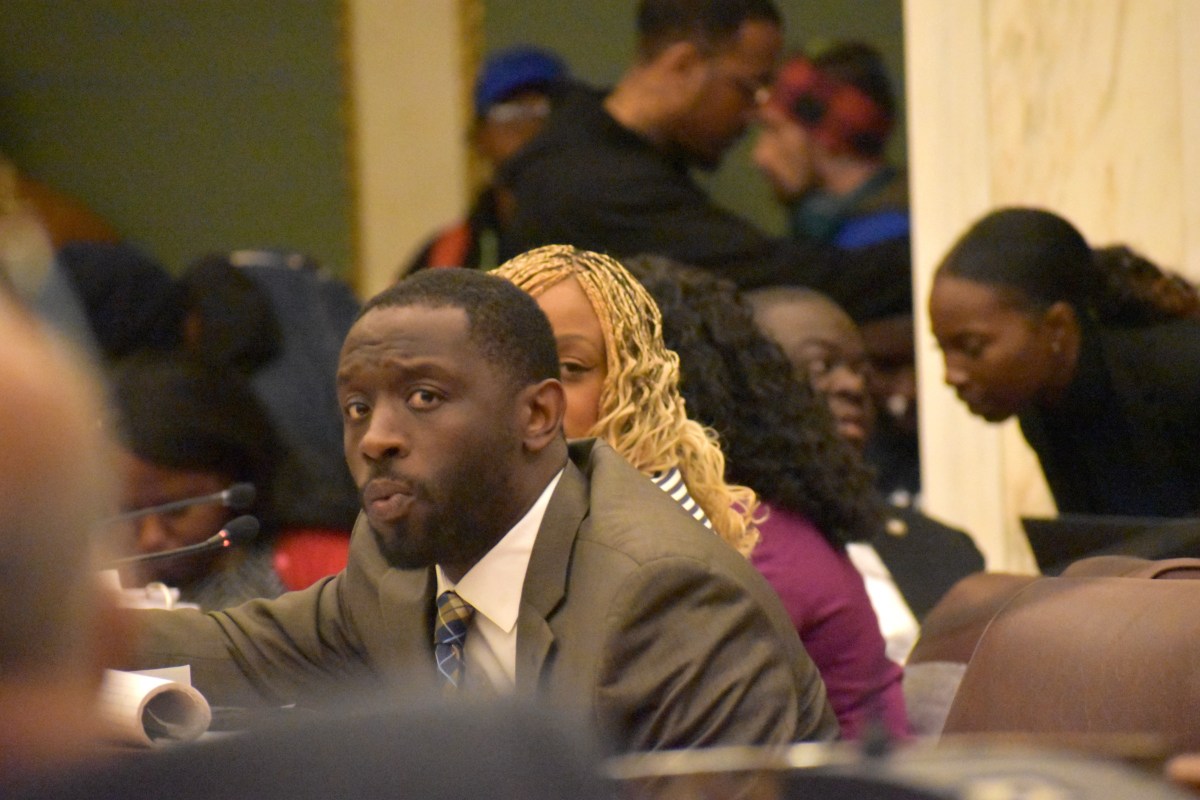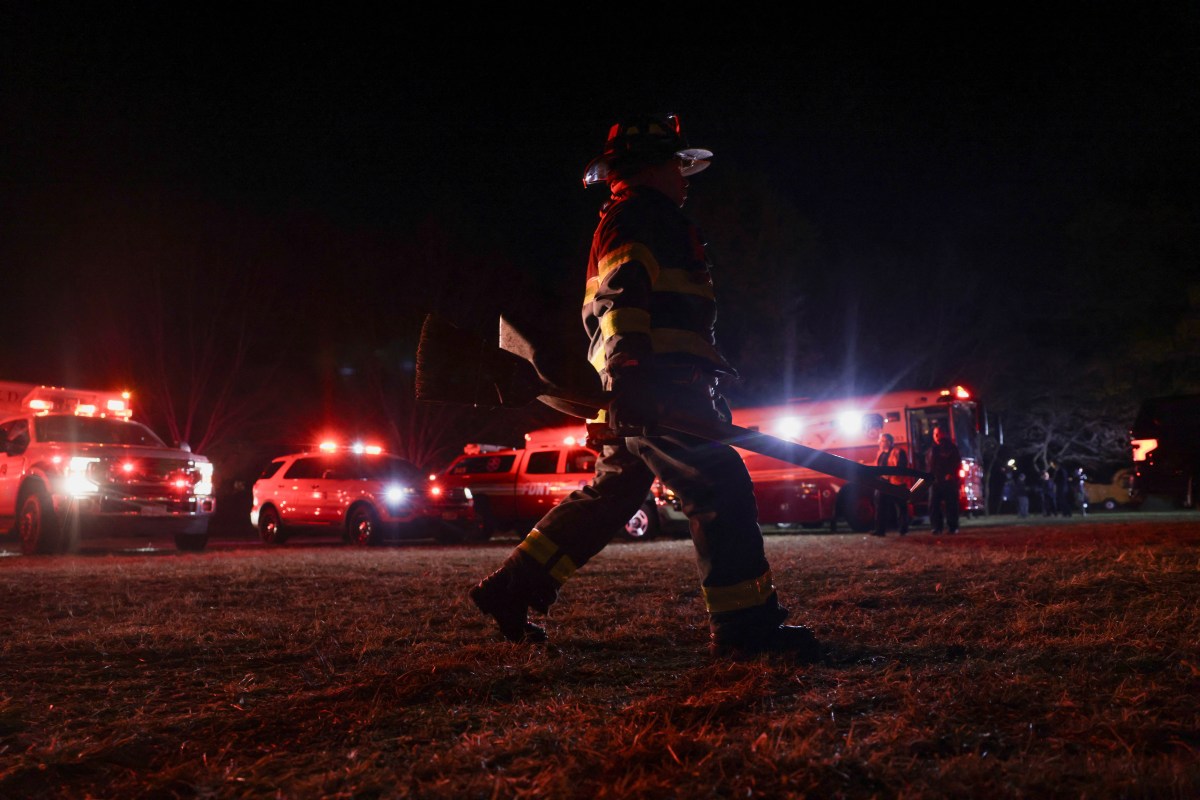BEIRUT (Reuters) -Syrian President Bashar al-Assad said on Saturday the main impediment to investment in the country was money stuck in ailing Lebanese banks.
In a speech after being sworn in as president for a fourth term, Assad said estimates suggested the frozen funds were worth between $40 billion and $60 billion.
“Both figures are enough to depress an economy like ours,” he said.
Lebanon is in the throes of a deep economic meltdown that is threatening its stability. Lebanese banks have locked depositors out of their accounts and blocked transfers abroad since the start of the country’s crisis in late 2019.
Many Syrian front companies had long circumvented Western sanctions by using Lebanon’s banking system to pay for goods which were then imported into Syria by land.
Assad also said Syria would continue working to overcome difficulties caused by the Western sanctions imposed over its decade-long war.
“Sanctions haven’t prevented us from securing our basic needs but they have created some choke points,” he said.
“We will continue to work to overcome them without announcing what methods we used before to do that or what we will use in the future.”
Syrian authorities blame Western sanctions for widespread hardship, including soaring prices and people struggling to afford food and basic supplies.
Assad secured a fourth term in office in a May election, winning more than 95% of the votes.
Opponents and the West say the election was marked by fraud but the government said it showed the country was functioning normally despite the long war.
Assad’s biggest challenge, now that he has regained control of around 70% of the country, is an economy in decline.
(Writing By Maha El Dahan; Editing by Catherine Evans, Kirsten Donovan)






















